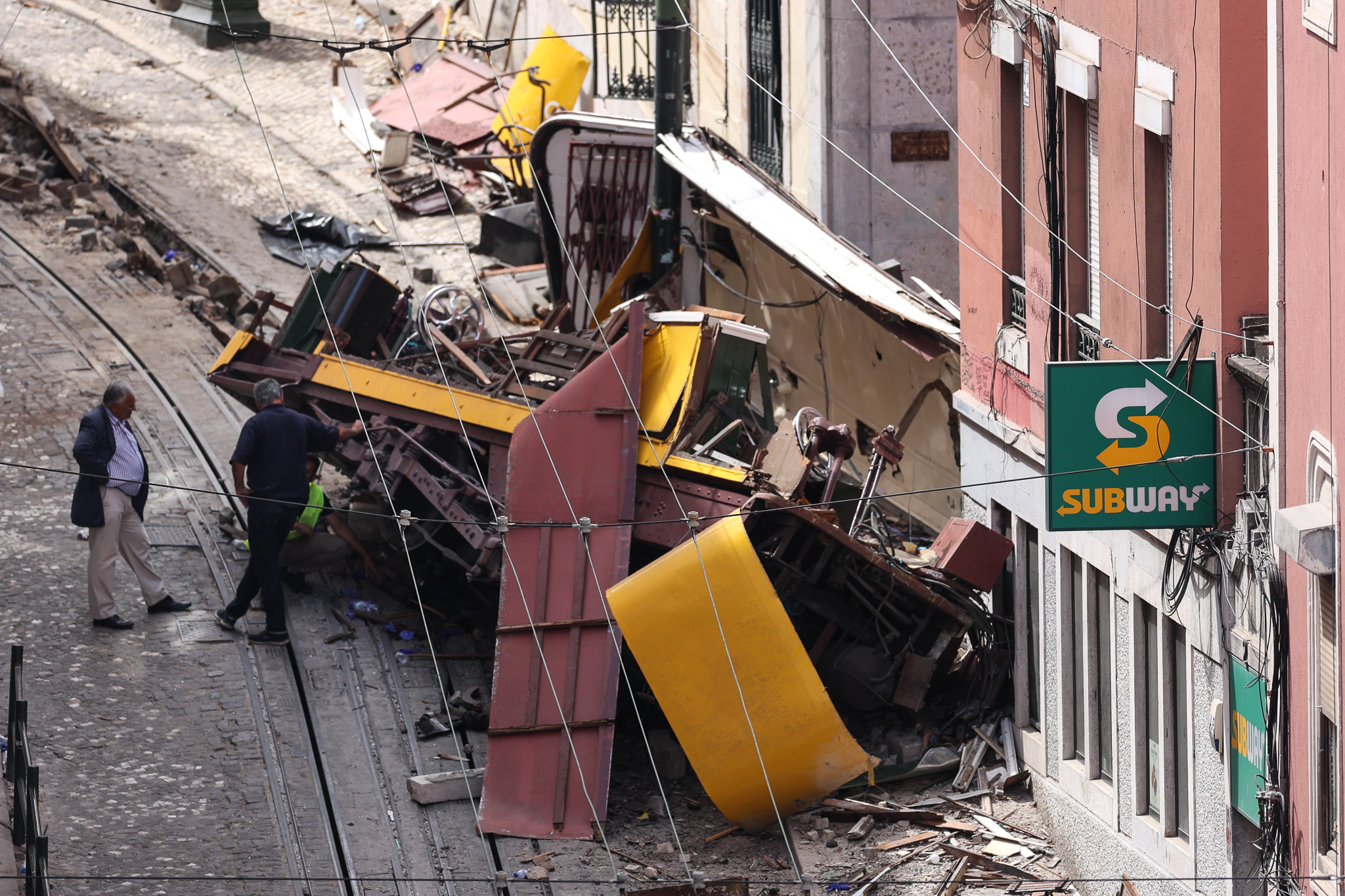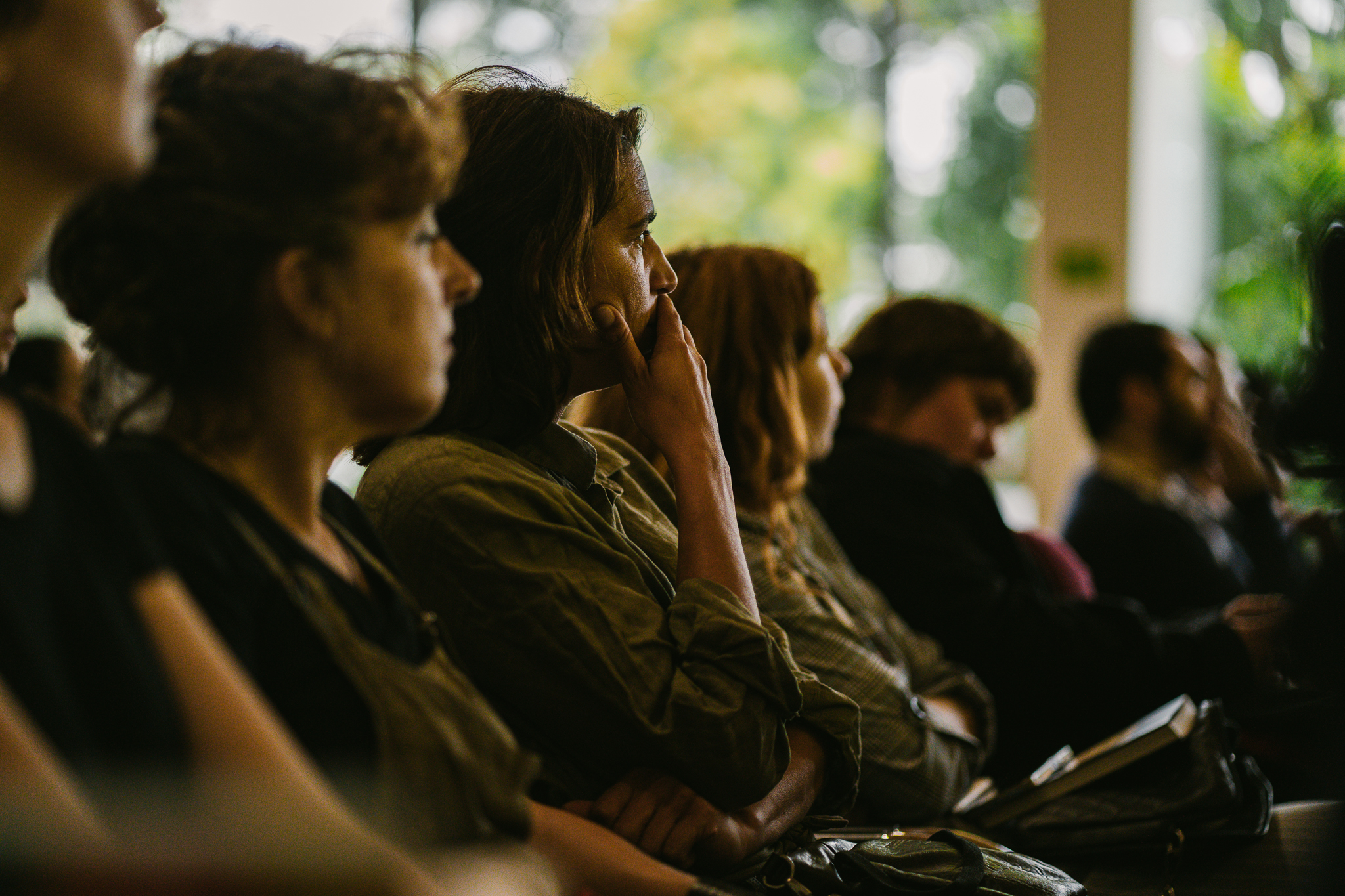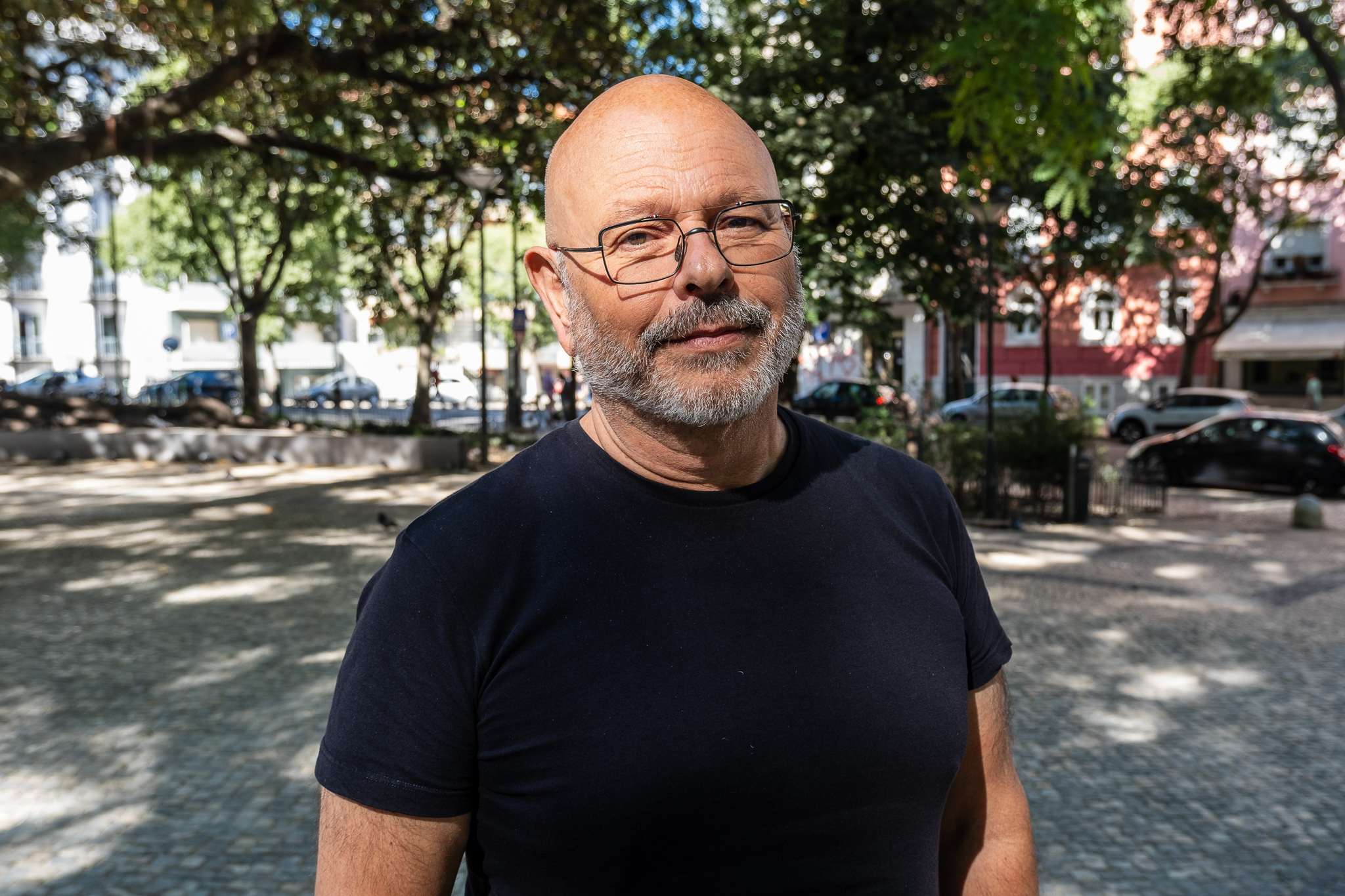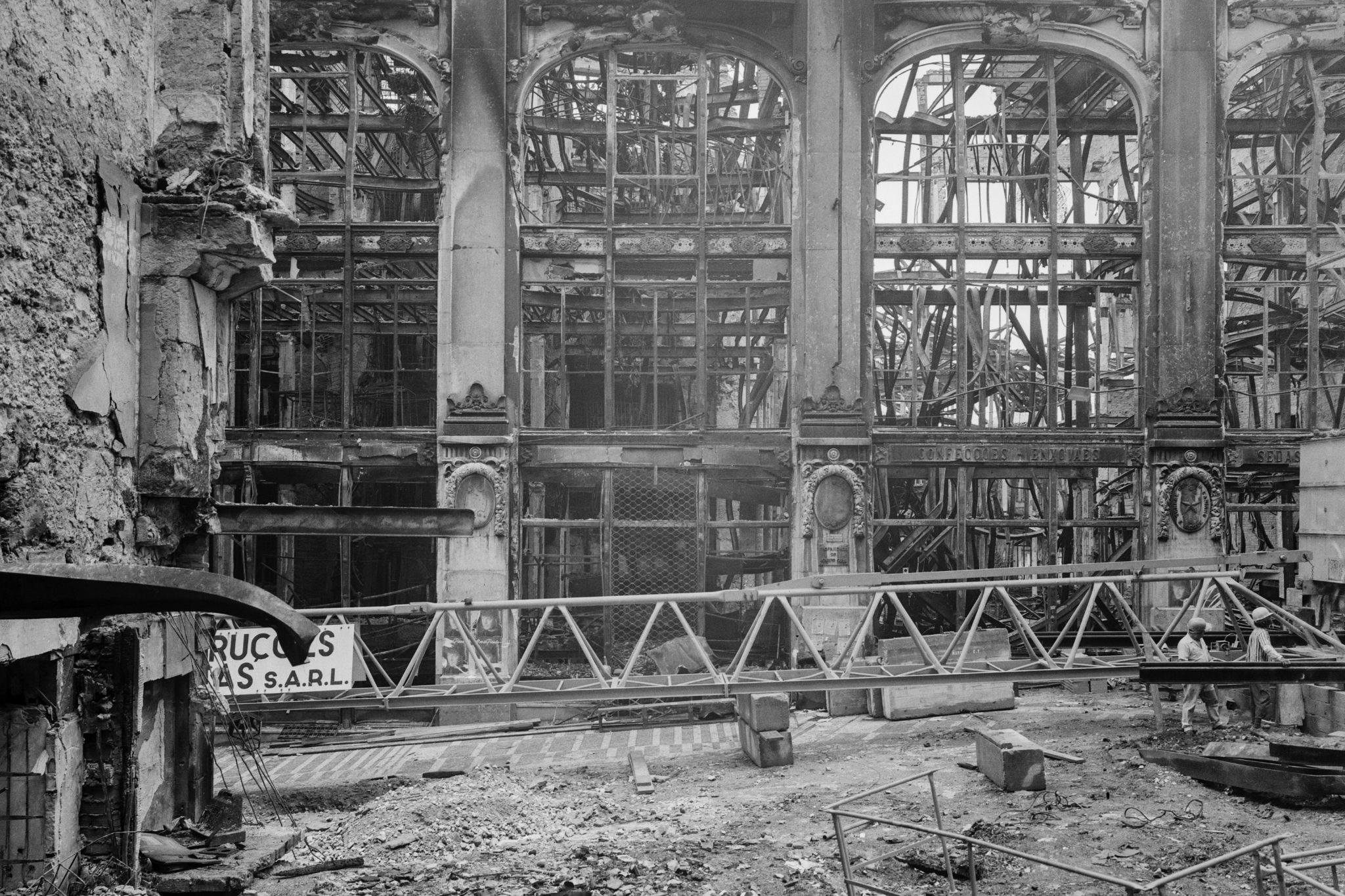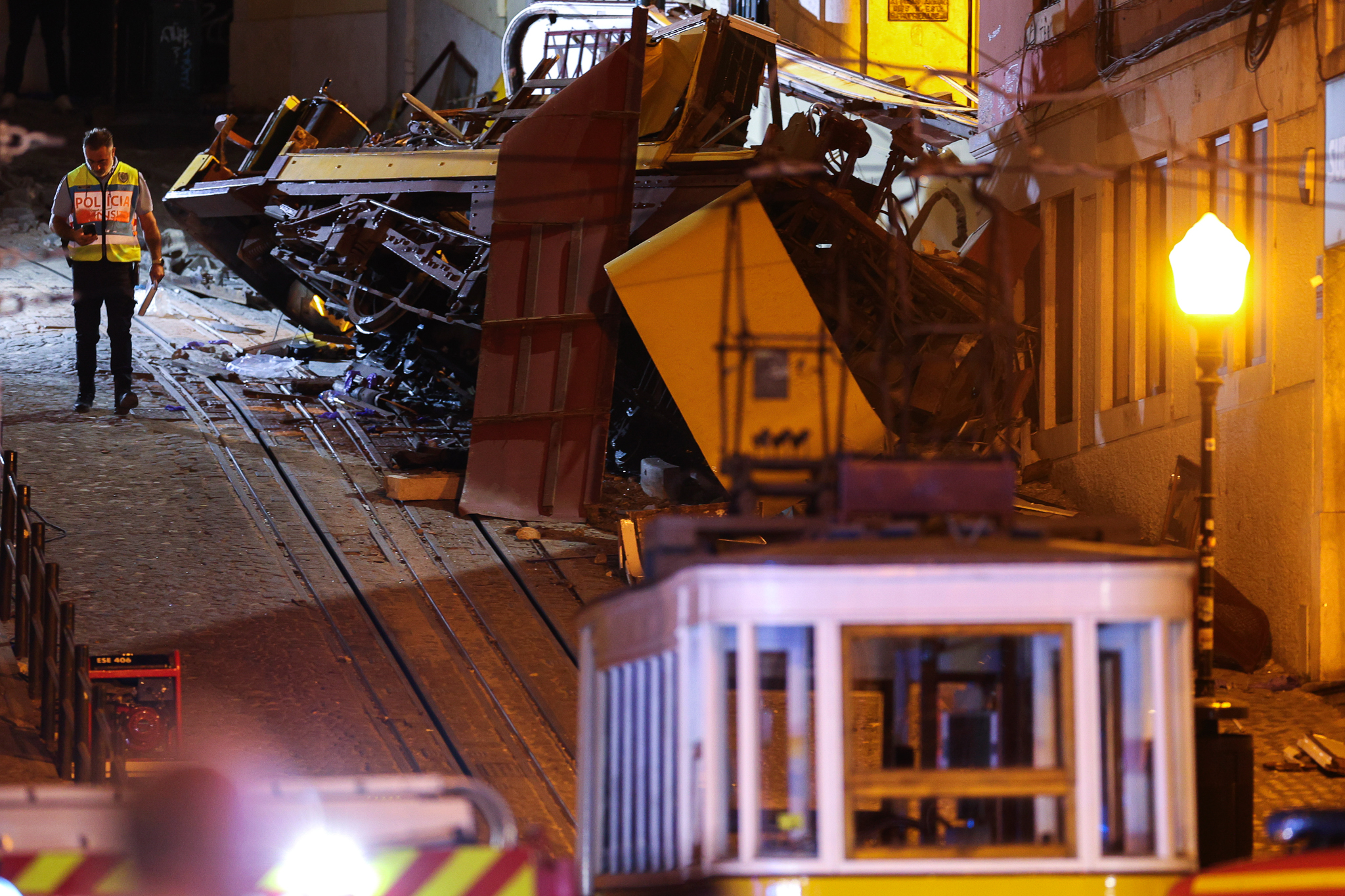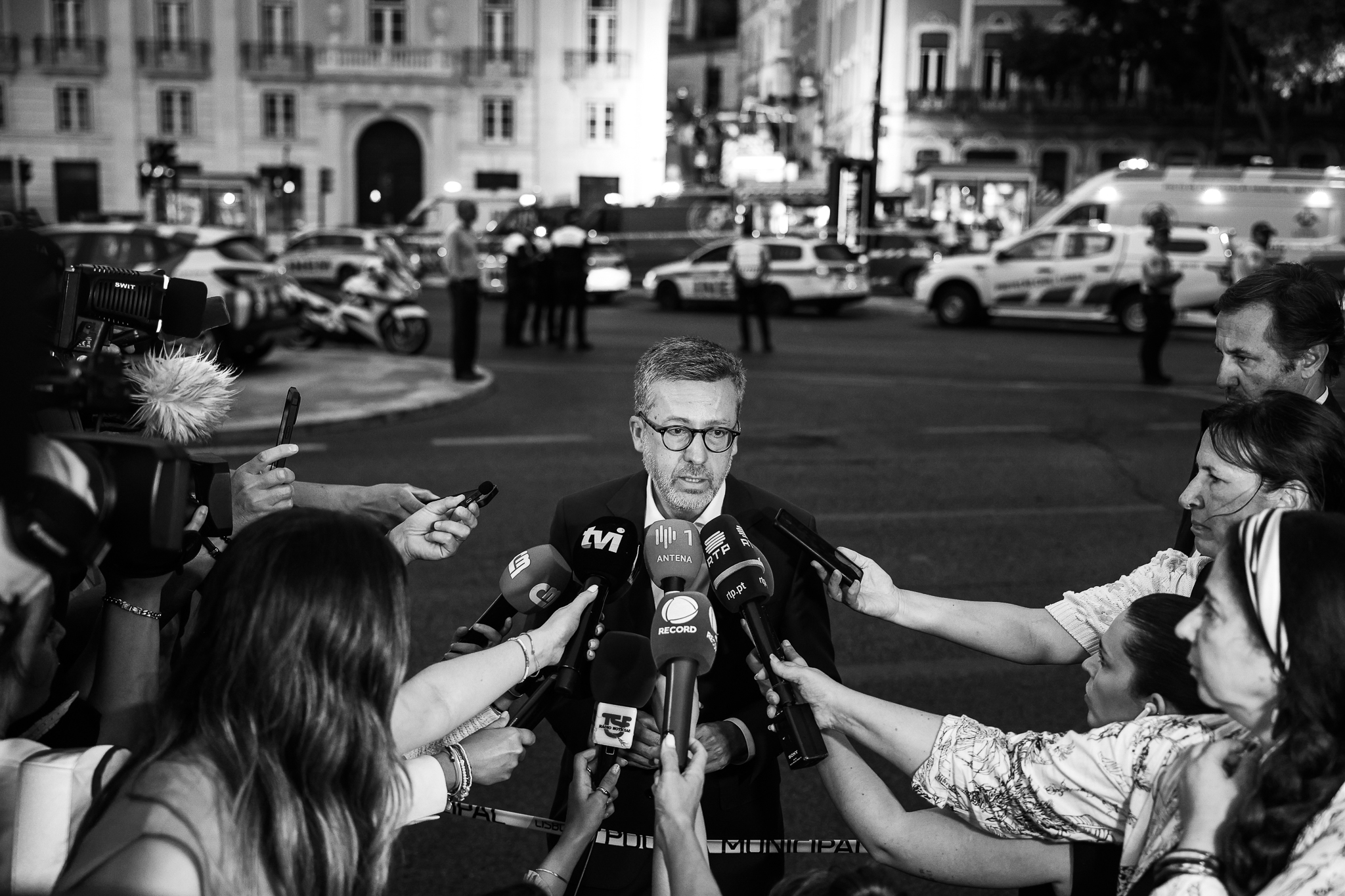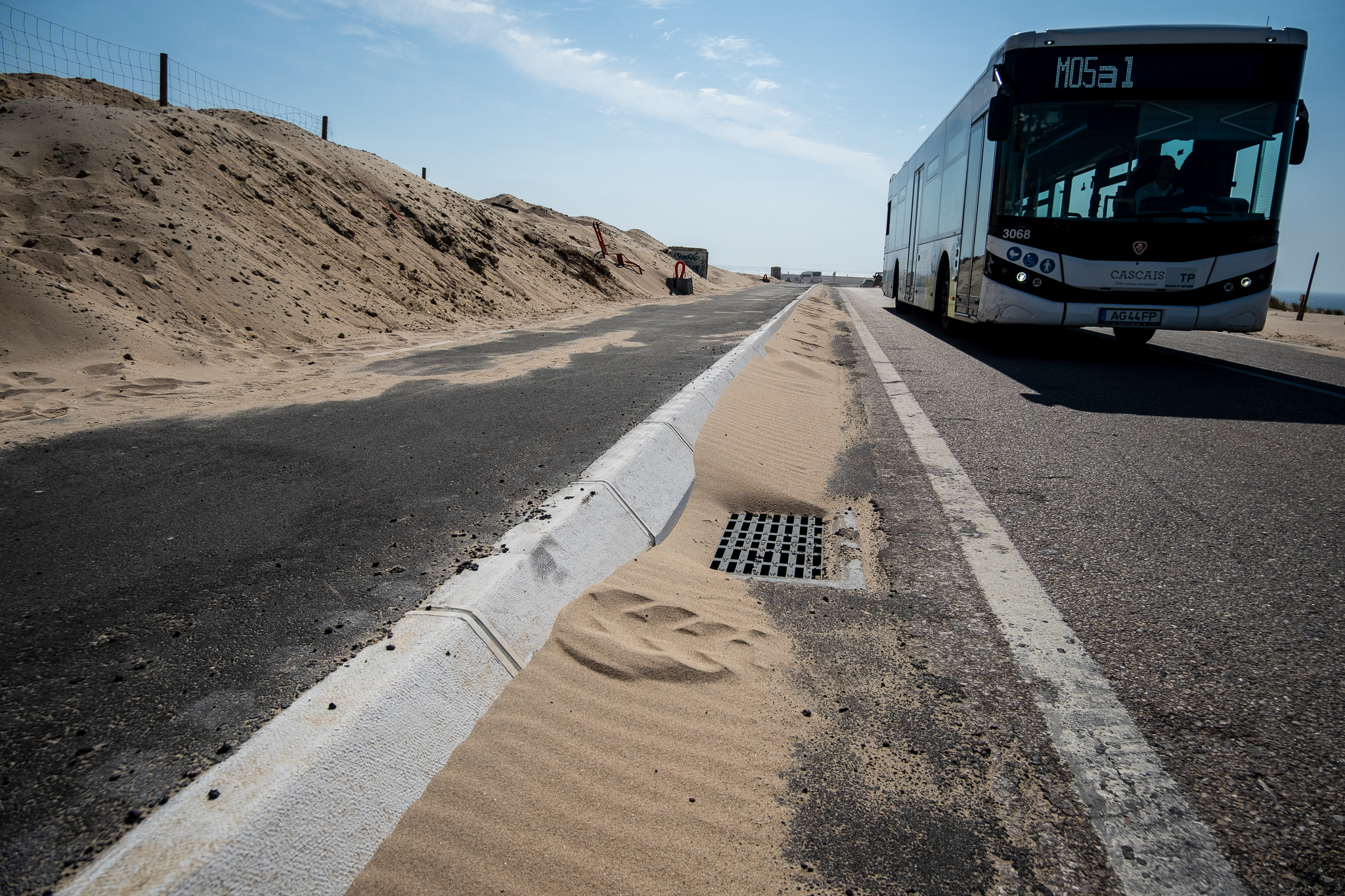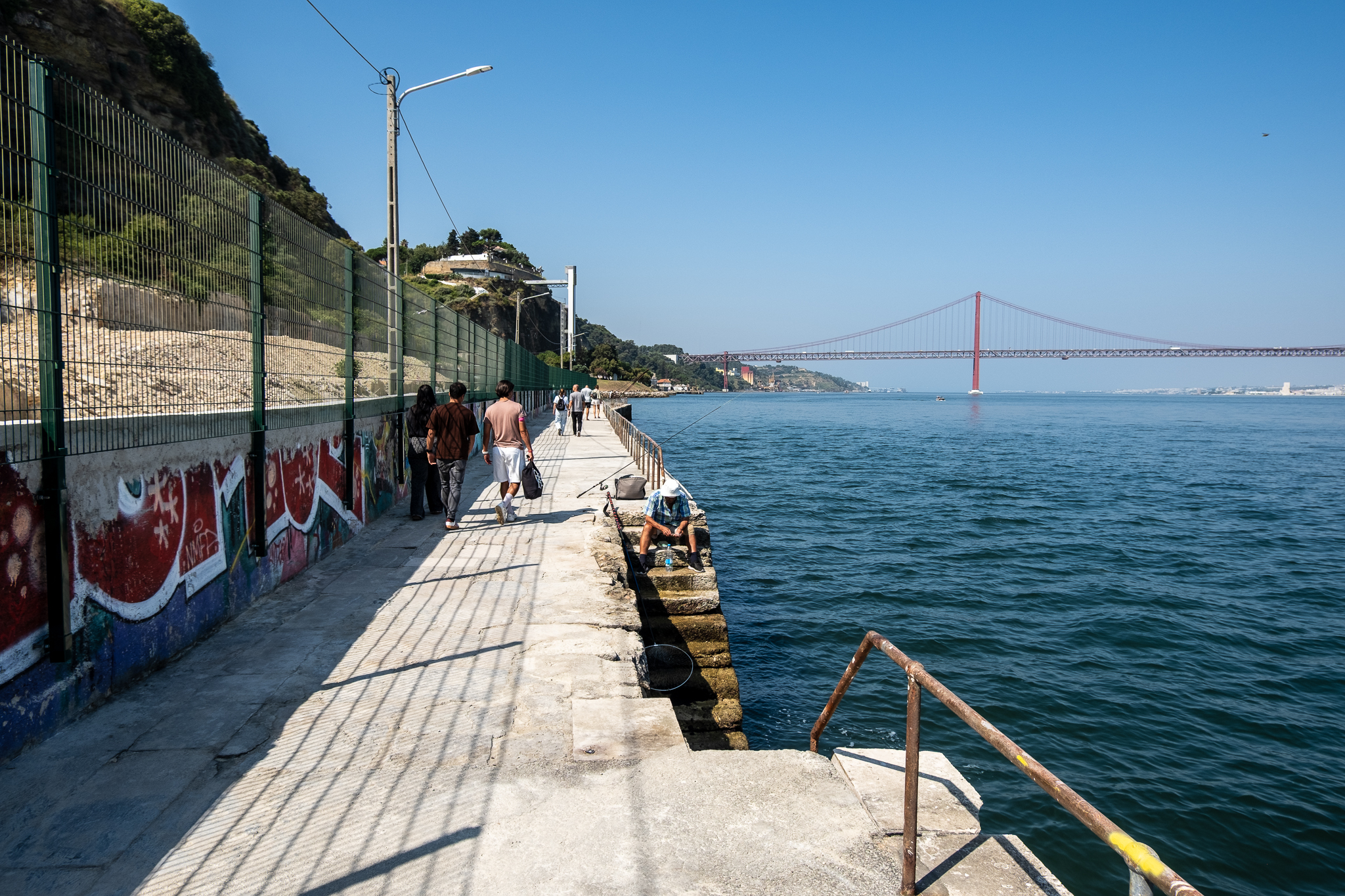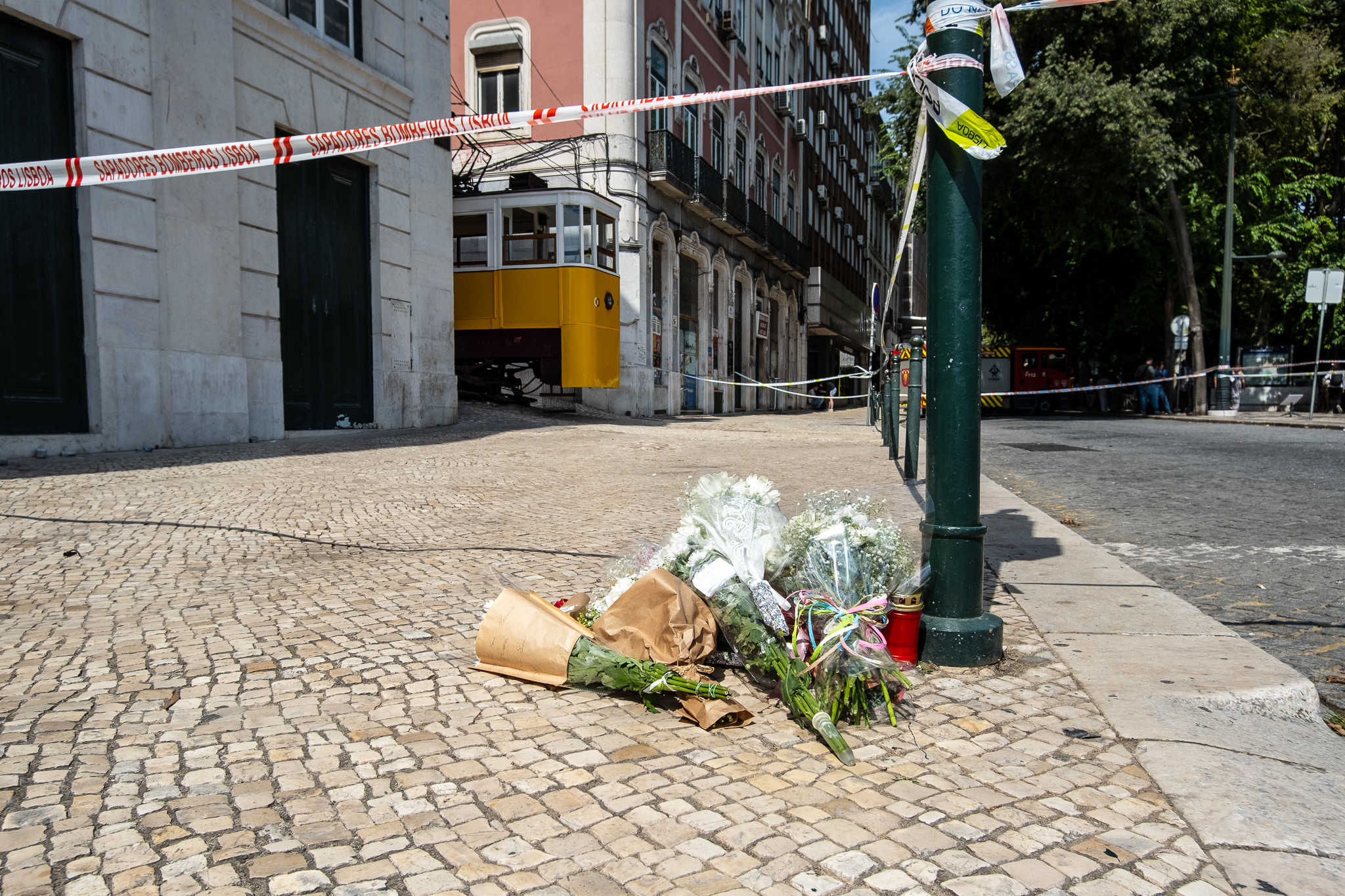Rúben has seen fewer trees outside his house in Quinta do Pinheiro, Pontinha. And he's worried. But he has had difficulty receiving answers and clarifications from the Parish Council.

At Quinta do Pinheiro, there is only one pine tree left. It's not that there's a lack of trees in this neighborhood located in the Pontinha, in Odivelas - there are quite a few for what is usually the case in a neighborhood on the outskirts of Lisbon - but Rúben points out that there were once many more pine trees. And many more trees. But they have been cut down without it being clear why and, above all, without being replaced by new specimens.
Rúben Matos is 20 years old and has lived in Quinta do Pinheiro, in Pontinha, with his parents for 10 years. When he arrived here, there was much more shade in the green areas between the buildings. "They come up with a thousand and one excuses to uproot trees, but they don't even answer when it comes to planting"laments the young biology student. Rúben wrote to the Pontinha-Famões Parish Council several times, but never received a reply. They never explained to him why the pine trees and trees of other species were being removed - whether because of illness, or because they fell during bad weather, or whether there was even a plan to replace the felled trees with new ones. "The last time they answered me, they said the same thing, that they were going to talk to some office. And that was that. It always stops there."


The establishment of dialogues between local authorities, such as parish and town councils, and the population is fundamental for a healthy local democracy. Citizens want to know what is happening on their doorstep, in their street, in their neighborhood. This exercise in transparency helps to dispel suspicion, populism and extremism. But Rúben regrets the lack of clear information about the changes he sees around him.
One of the answers Rúben received was this:
"At the request of the President of the Parish Council of the Pontinha Famões Parish Union, Dr. Jorge Nunes, we would like to inform you that we have received your emails and thank you very much for them. Following on from them, which have been given our best attention, we would like to inform you that they have been sent to the Environment and Green Spaces technician of this municipality, and that once we have assessed what you have proposed and reached a conclusion, we will let you know. However, we would like to remind you that technical issues require legal procedures that will have to be coordinated with the CMO, DGAT - Department of Environmental Management and Transport, and at the same time work is underway on the plans of this Parish Council for interventions in green spaces and weeding, so we appeal for your understanding. We would like to thank you for your high sense of civic duty and responsibility in contacting us to draw attention to the issue in question."
- Pontinha-Lamões

"Then they activated the automatic response system and I never received a human response again"says Rúben. In March 2022, the 20-year-old contacted the Junta de Freguesia to ask for the trees that had disappeared over the years in one of the neighborhood's yards to be returned, illustrating the situation with images from Google Street View. "In view of the clearly visible problems presented, I would like the Council to restore this green space, especially now that we are experiencing the effects of climate change and the weather is getting hotter: trees are more important than ever"he wrote at the time. In January of this year, he reported that a tree had fallen due to bad weather: "The tree, as mentioned, has already been down for over a month and the Junta has still not removed it. (...) It is also worth remembering that it is yet another tree that has fallen in Quinta do Pinheiro and how much the Junta has neglected to plant more trees to compensate." In April, due to the lack of response (but the tree was eventually removed and not replaced), Rúben sent a new e-mail. He also called. And nothing. All he's been told is that they'll check the situation and get back to him.


As we walk with Rúben through his neighborhood, we find signs of felled trees. Either because we can see an interruption in the green lawn, still with some soil and roots, or because we can still see a piece of the trunk. "There were five pine trees here, now there's only one left"Rúben points out as we stroll through one of the neighborhood's largest areas, where there is even a children's playground. "In the summer, the children would come under those pine trees to take refuge from the heat." There were also young people attaching a ribbon from one pine tree to another to make "that balancing game, you know?". "I tried it too." Rúben says "In just one year, two pine trees have disappeared and now all that's left is the one you see there". "The only thing I ask is that if they take out trees, they plant new ones."


In another, smaller area, we could see the remains of trunks. We counted three trees removed, none replaced. Sorry: "I think a neighbor planted a palm tree there in place of the tree that was removed. But I'm not sure if it was a neighbor who planted it." But there is one thing that Rúben is sure of: "Before, you could hear the birds here more. I used to wake up in the morning to the sound of them. Now they can only be heard in the background, in the pine forest."


The pine forest to which Rúben refers is the Paiã Pine ForestA sort of "little Monsanto" next to the Quinta do Pinheiro urbanization. The neighborhood owes its name to it. In the past, like wines, the pine trees also entered the space of the buildings, blending in with the other tree species. The young student says that several promises have been made to requalify and dignify Pinhal da Paiã, until Odivelas Town Hall told him it wasn't a priority. "This pine forest was a great help during the pandemic. People in the neighborhood organized exercise classes"" says the future biologist, explaining that there is also a disagreement about who manages the forest - the municipality or the central state. "Up there there's a fence separating what I think is the part of the pine forest that belongs to the government and the part that belongs to the council. Sometimes you can't get through to the other side."

Rúben reports having difficulty reaching his parish council and his town hall. "Public meetings aren't always compatible with the times I get out of class. I also don't feel comfortable exposing these situations in a meeting in front of everyone and with people watching at home. I prefer e-mail." He also has trouble finding other concerned neighbors. "Outside Lisbon, in the peripheries, it's difficult to have critical mass." In most cases, people work in the capital and their relationship with the neighborhoods is only that of a dormitory. "There used to be a community Facebook group about the neighborhood. I even found out about things here in the area that I didn't know about. There was one during the pandemic, there still is, but it's kind of died out now."
LPP contacted the Pontinha-Famões Parish Council with questions about the tree removal and will update this article as soon as it receives a response.

